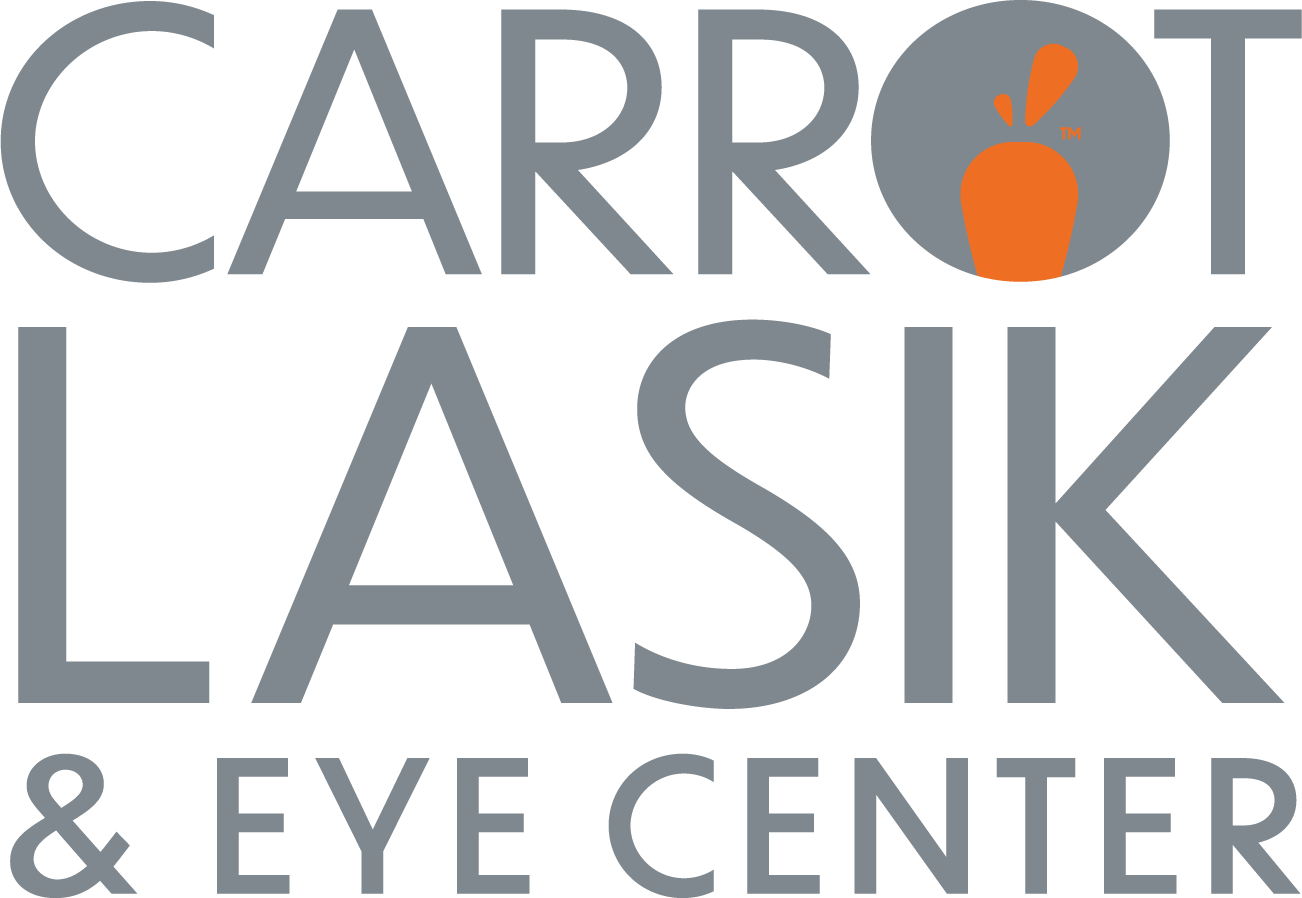I think we can all agree that no matter what type of allergies we suffer from, none of them are enjoyable, and despite our best efforts to avoid our allergens at all costs, we sometimes end up victimized by our food, our environment, or our wonderful animal friends. Before I moved to the Phoenix area, I grew up in a smaller town here in Arizona, nestled in the pine trees and snow, and during those years I never experienced allergy issues. However, as soon as I came to the land of cacti and desert, my body had different plans, and I am now the proud owner of many allergy reactions. Now, while I have developed an underlying allergy condition due to other health conditions, I believe that I can say with great certainty that no matter where allergies come from, they are insufferable. And as I have come to learn and grow in the eyecare industry, I have truly come to understand the effects that allergies can have on the eyes, and how uncomfortable it can be when those allergens find their way into the body. So, I thought why not take a further look into how allergies affect the eyes, what the symptoms can be, and how they can be treated. Grab your tissues, and let’s go!
Why are my Eyes so Itchy?
There are many different allergens that can have different effects on different people, ranging from foods, animals, plants, and other environmental factors. Although seasonal, environmental, and food allergies are quite common, they do not always affect people in the same manner, and those allergies can be caused by different issues. While some people may only experience mild symptoms from allergens, such as sneezing and coughing, others may face much more serious side effects, such as anaphylaxis, which can be fatal when not treated immediately. What I have learned being in the eyecare field, is that allergies do not just affect the skin or sinuses, but the eyes as well. Whether it be from a reaction to an animal or food, we all know the signs of an allergy flare when our eyes start to itch and water. Now, I am sure many people are aware of the eyes being affected by allergies, but as someone that has only experienced allergies for under a decade, I think it is important to spread awareness about how allergies can affect our eyes. So to start, let’s take a look into what symptoms of allergies in the eyes can be, then look a little further into what an eye-related allergy diagnosis can be. Here are some common symptoms of allergies in the eyes:
- Itchy eyes: This is the most common symptom related to allergies affecting the eyes, and is caused by the mast cells (the cells throughout our whole body that alert us to an allergen) on our eyes responding to an allergen, and sending histamine to the area to rid us of the allergen. The release of histamine and other allergen-combating substances can cause the blood vessels on our eyes to become inflamed and leak, causing itching, and sometimes a burning sensation.
- Redness on the eye: Also caused by the release of histamine, and also caused when someone rubs their eye. (Please, do NOT rub your eyes! Use artificial tears instead!)
- Swollen eyelids: Sometimes, allergens can get onto the surface of the eye, which can cause them to get under the eyelid, causing swelling, redness, and irritation. Depending on the severity of the reaction to the allergen, the eyelids can sometimes become swollen shut, and can be an indication of a more severe allergy reaction.
- Excessive watering: Due to the presence of allergens and release of histamines on the eye, the eyes may sometimes tear excessively to try and keep the eye as lubricated as possible. However, the tears may evaporate quickly, and the eye can remain dry and irritated.
Although there are many more symptoms that can present themselves in relation to allergies and the eyes, those listed above are the most common ones experienced by many people, especially the patients coming into Carrot to seek treatment. Now, despite the fact that there are many symptoms that can be related to allergies, there are in fact several different eye-related allergy diagnoses that patients may encounter when seeking care from their eyecare, or other medical professional. So, let’s take a peek into those.
Eye-Related Allergy Diagnosis
As we can see, there are many different symptoms that can arise from allergies in relation to the eye, and no matter what the allergen is, I think we can all agree that the symptoms that arise are all very annoying, to put it mildly. Along with differing symptoms due to allergies, there are also differing diagnoses that your eyecare professional will investigate when you come into the office. So, let’s discuss several of those diagnoses:
- Seasonal Allergic Conjunctivitis: This is the most commonly diagnosed eye allergy issue, and is usually related to the changing seasons and plants in the area.
- Contact Allergic Conjunctivitis: This condition can result from allergens getting onto a person’s contact lenses, or from protein that builds up in the person’s tears.
- Giant Papillary Conjunctivitis: This is another condition that is caused by contact lens wear, but this is a severe form of allergies/conjunctivitis where fluid sacs build up inside of the eyelid, potentially causing the person to not be able to wear contacts in the future.
While there are other allergy-related eye diagnoses, the ones listed above are generally some of the most common ones diagnosed in eyecare offices across the United States. It is important to know that although these can be common diagnoses, that does not mean they are always easy to live with, and they can greatly affect your vision, and can definitely decrease a person’s quality of life. That being said, there are treatment options available for these conditions, ranging from artificial tears, to medicated drops, and eye ointments. As always, if you feel like you are suffering from allergy-related eye issues, please give us a call at Carrot, and Dr. Herion or Dr. Hammond will gladly see you and get you feeling better!




